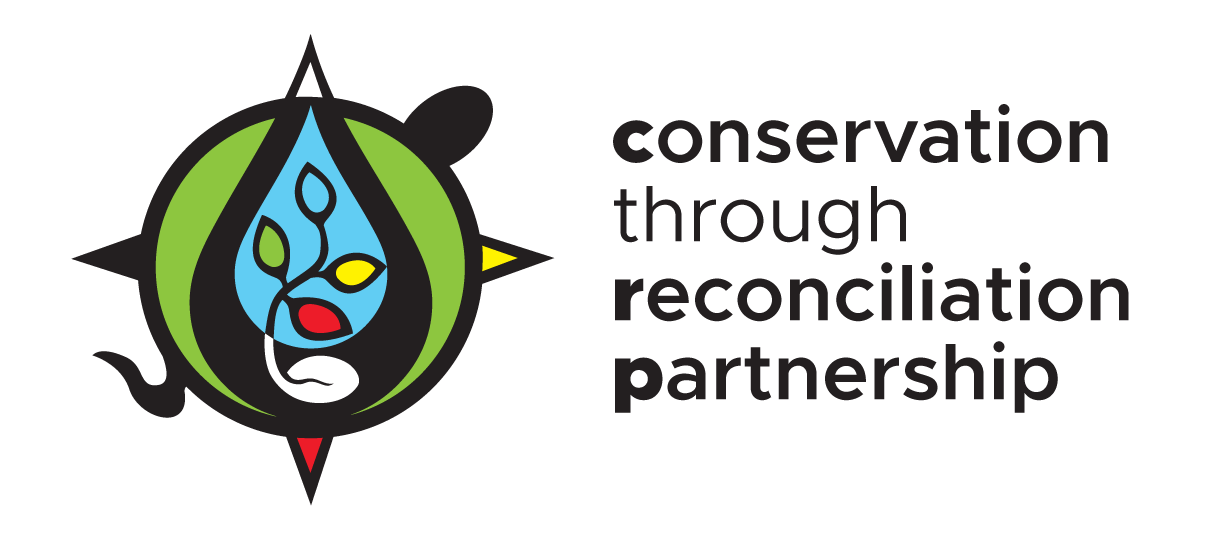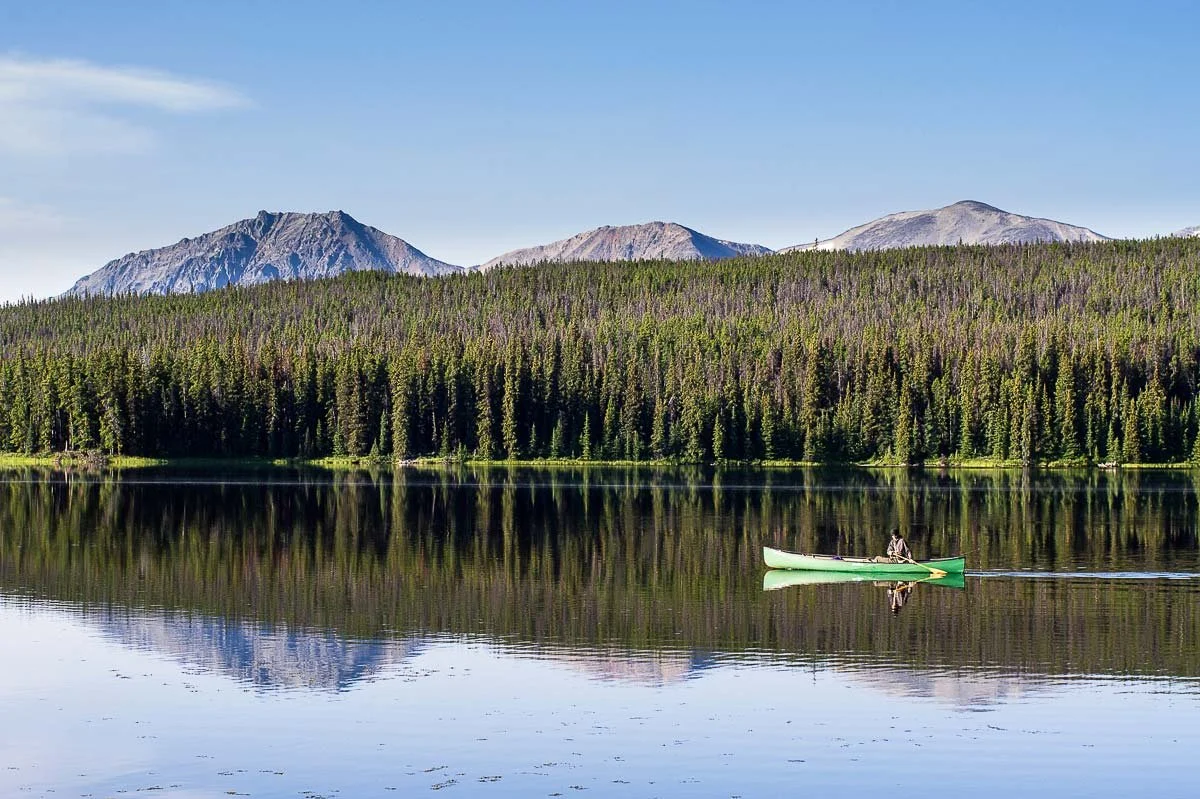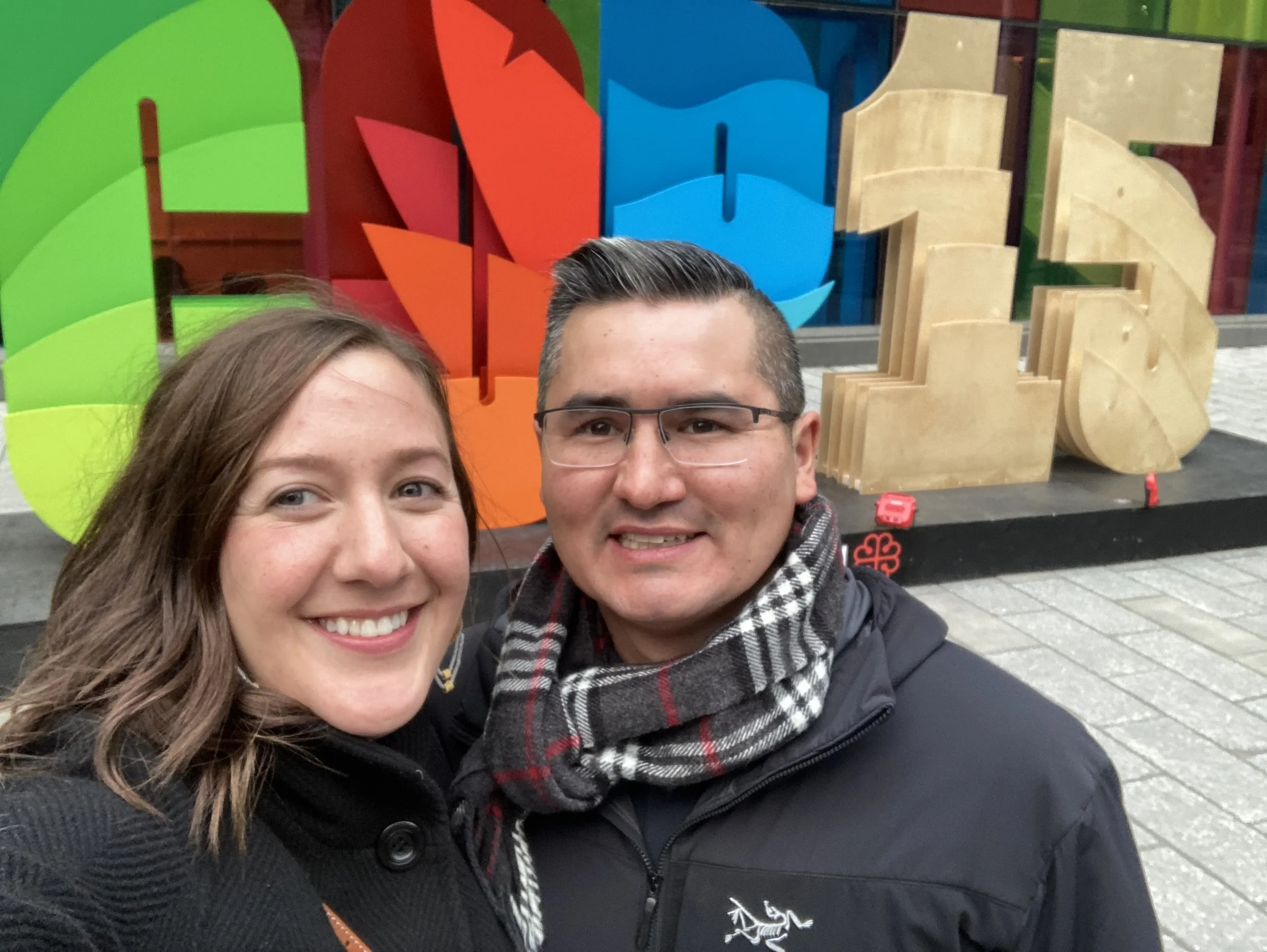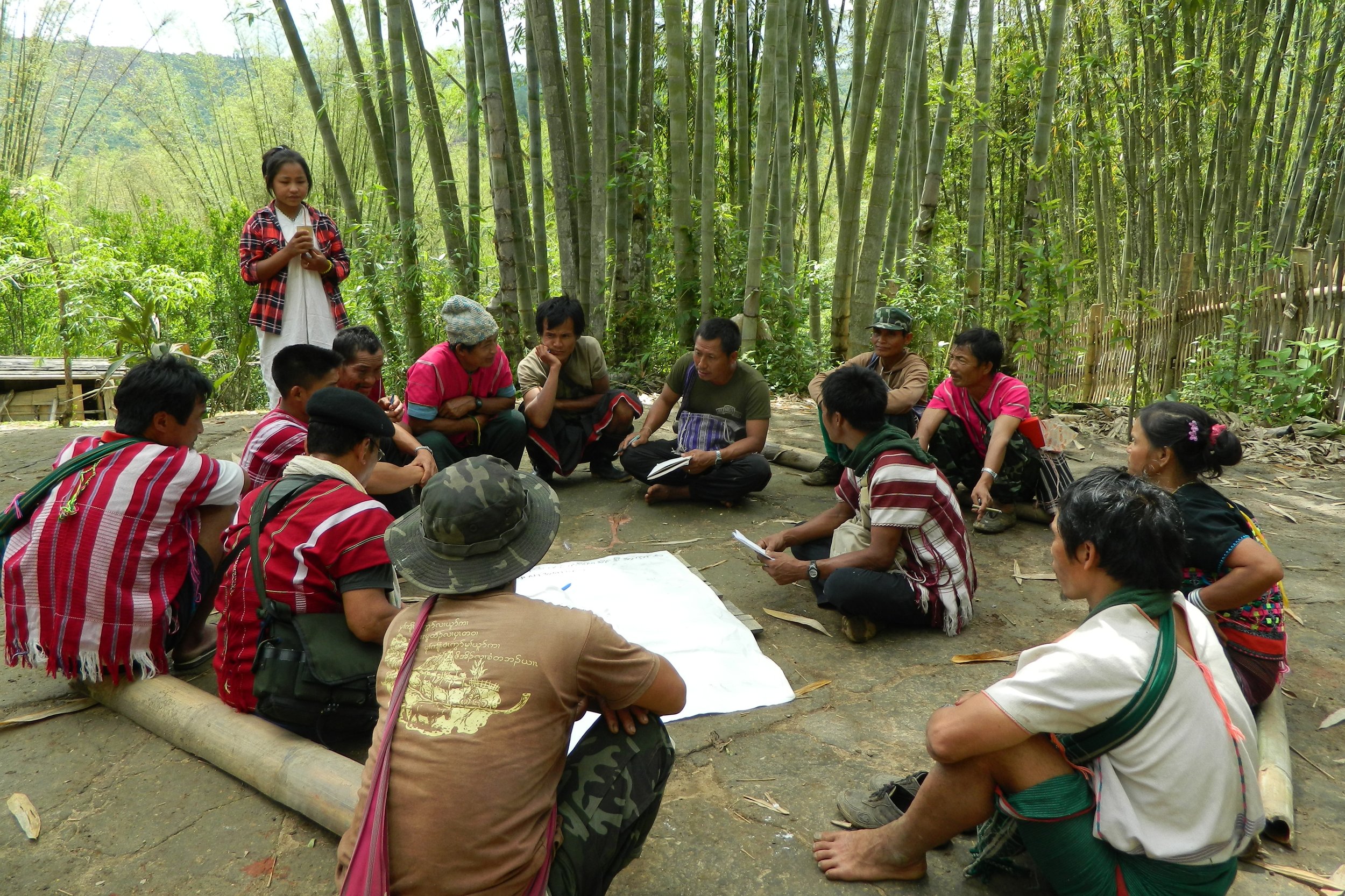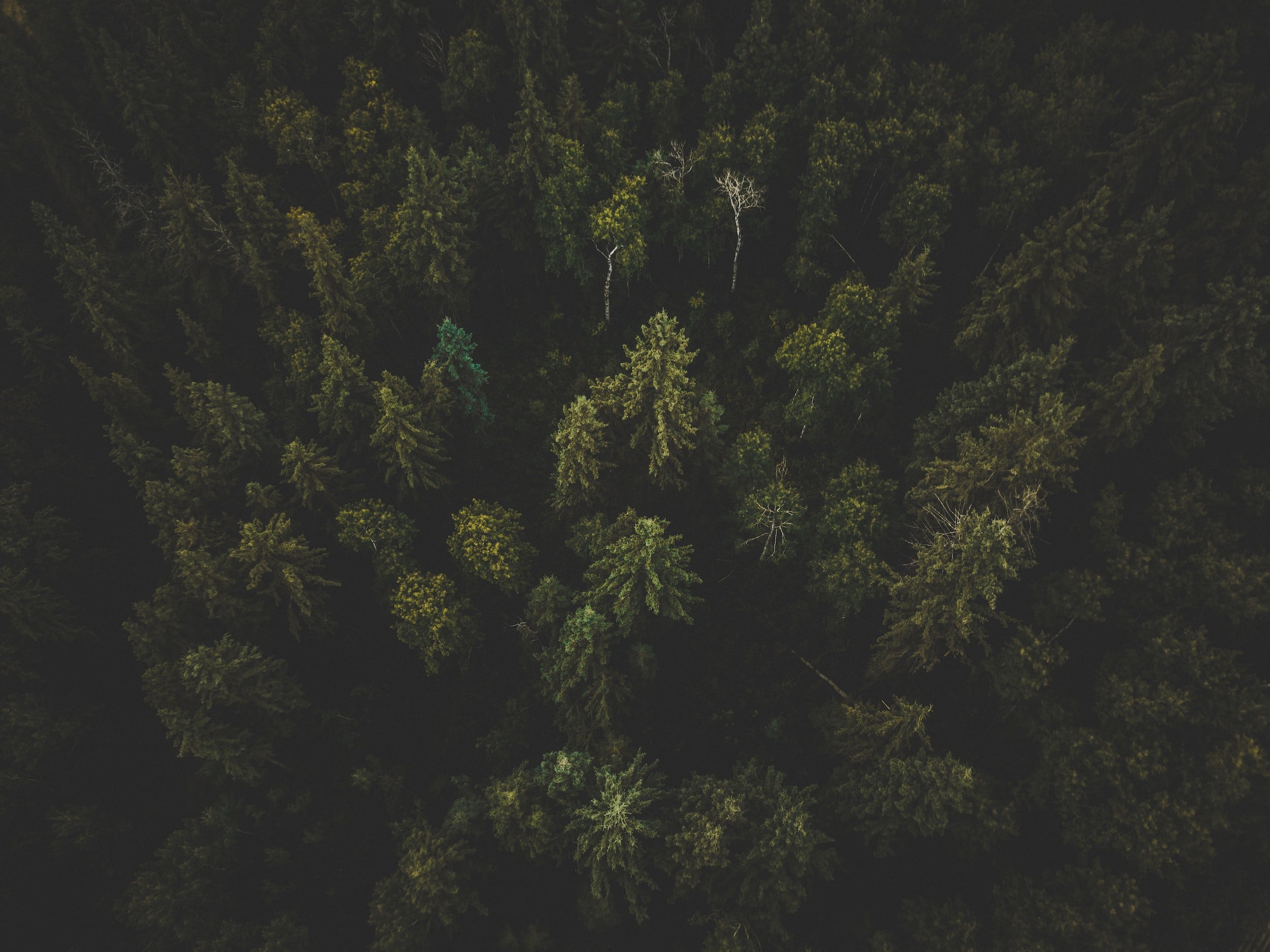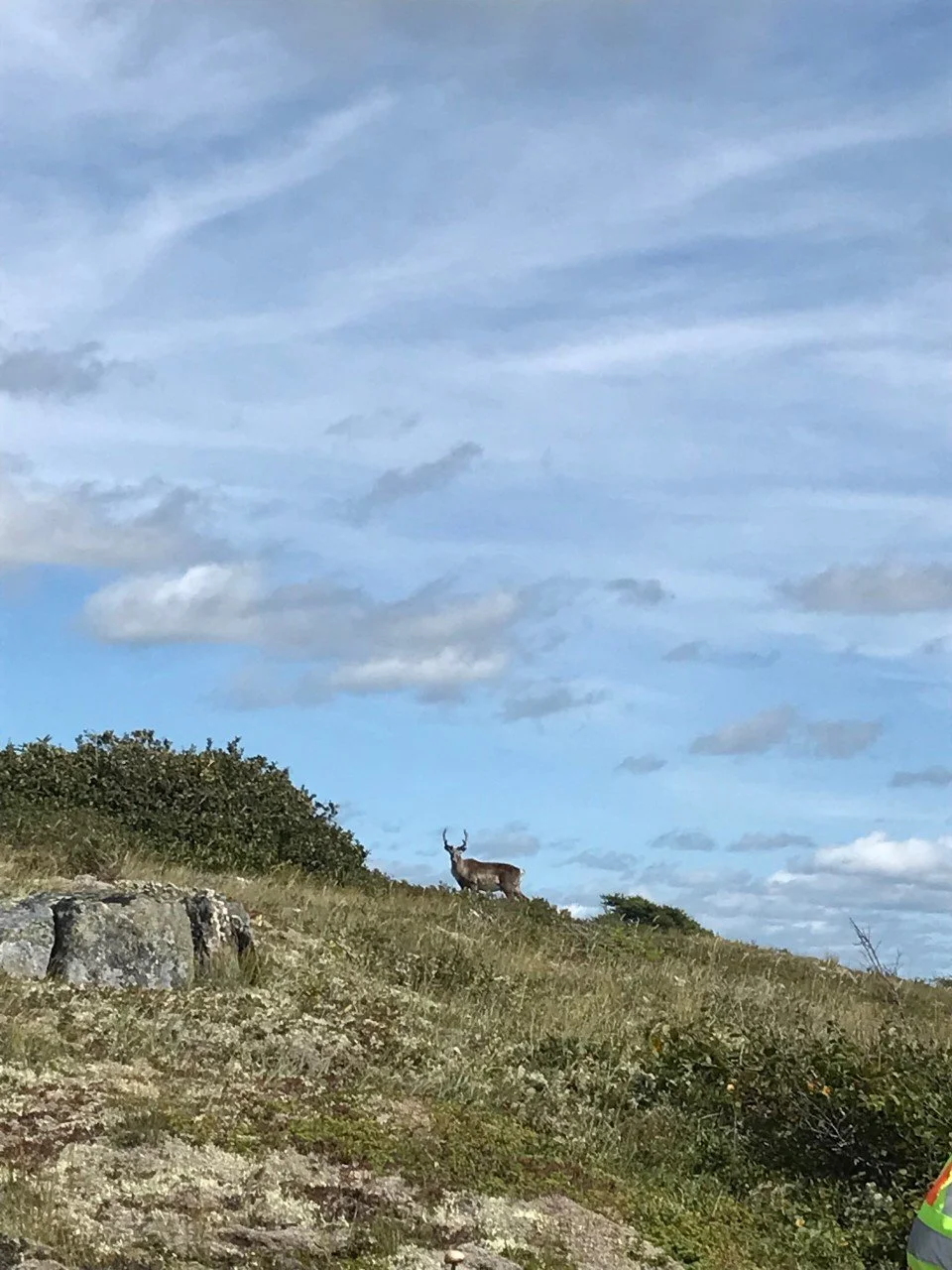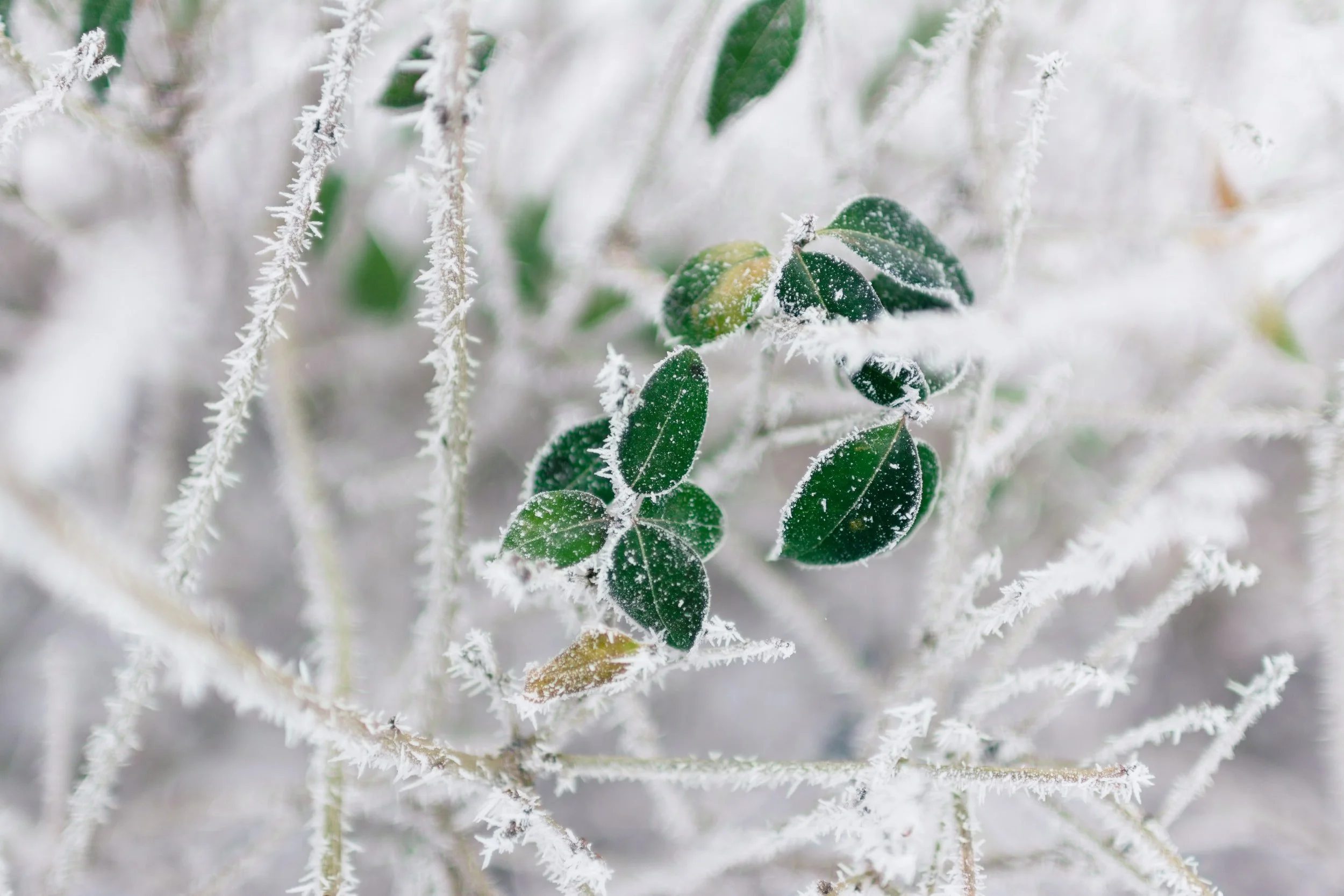We are deeply saddened to learn of the passing of the Honourable Murray Sinclair, a revered leader who devoted his life to truth, justice, and healing. We extend our deepest condolences to his loved ones and all who were inspired by his tireless commitment to reconciliation. (Photo credit: Adrian Wyld/The Canadian Press)
Read MoreSeptember 30th serves as a crucial reminder for all Canadians to engage in deep reflection, to learn, and to challenge our assumptions about the nation’s past and present. It is also a time to imagine a future where we share a just and reciprocal relationship with one another.
Read MoreFrom April 24-27, 2023, the Restore, Assert, and Defend (RAD Network gathered on the unceded and unsurrendered Territory of the Wolastoqwiyik at St. Mary’s First Nation, at Sitansisk (also known as Fredericton, New Brunswick). The intent of the gathering was to foster connections, deepen our understanding of the current context of the work, and co-create a shared vision for the emergent RAD Network.
Read MoreCRP’s first bilingual blog features a story from Maro Adjemian . Maro who shares her reflections on her doctoral research with Atikamekw Nehirowisw as they develop a management plan for an IPCA called Masko Cimankanic Aski, located in Nitaskinan, colonially known as the Haute Mauricie region of Québec.
Read MoreStarting on International Women’s Day, 2022, and throughout the year, we have had the honour to hold a space to celebrate and learn from Indigenous women who carry, grow, and share love for the lands, waters, and communities they call home.
Valérie Courtois, a member of the Innu community of Mashteutiatsh, reminded us that one key thing women bring to the world, and to the conservation movement more specifically, is love: “Love for our families, love for communities, love for land, love for language, love for who we are as people.”
Read MoreBy Megan Youdelis
Through many collaborative discussions between stream members over the course of 2021, the members of the Conservation Governance Stream decided to advance a Governance Scan. The scan will be a key product of our collective work. (Photo Credit: Steve Monk, stevemonk.ca)
Read MoreBy Chloe Dragon Smith and Robert Grandjambe
Our little home couldn’t be further from the bustle of Montreal. We live in Wood Buffalo National Park, between the towns of Fort Smith, NWT and Fort Chipewyan, AB. As two young northern Indigenous people, we are working hard to build a life that rehabilitates our ancestral ways, knowledge, and systems
Read MoreBy Dr. Justine Townsend
This blog builds on Part 1 and Part 2 of the Cultural Keystone Species blogs. These earlier blogs described how Canada’s Species at Risk Act contains mechanisms that support First Nations involvement in species at risk (SAR) management. (Photo: Photo: Moose traveling through lake by Lesly Derksen on Unsplash).
Read Moreby Kai Bruce
We are excited to announce the release of a guide for Indigenous leadership who are engaging with Parks Canada’s management planning process. This guide aims to inform Indigenous leadership on Parks Canada’s collaborative management planning process for national parks, national park reserves, national marine conservation areas, and national historic sites.
Read MoreCompiled by Elena McCulloch
2022 was a great year for Indigenous-led conservation! In case you missed any of our community's achievements this year, or you would like to look back on and celebrate the work we accomplished, please enjoy this 2022 recap.
Read MoreReconciliation doesn’t happen in one day, nor is it a one-way street. It requires an ongoing commitment to build and maintain respectful and reciprocal relationships.
Read MoreBy Andrew Paul and the Karen Environmental and Social Action Network
The Salween Peace Park, nestled between Burma and Thailand, embodies a commitment to building peace and reconciliation that centres Indigenous self-determination and responsibilities to ancestral territories. Salween Peace Park offers a model for how IPCA governance can be scaled up to entire landscapes and territories. The park continues to shine a light for Indigenous self-determination, peaceful coexistence, and federal democracy in Burma despite ongoing conflict in the region.
Read MoreBy Leora Gansworth and Ian Attridge
In recent years, more Indigenous individuals and groups are examining and amending the land trust model to advance their community interests. Land trusts may be developed to support self-determination and the resurgence of Indigenous legal traditions, relationships, and priorities, including the land back movement. So how can land trusts be a mechanism for Indigenous self-determination/support visions for Indigenous conservation leadership?
Read MoreBy Steven Nitah, David Flood, Leora Gansworth, Mary-Kate Craig, and Lara Powell
There is an opportunity for environmental reconciliation, and for all people to reconsider their relationship with the living Earth. Indigenous-led conservation offers a path forward. One that addresses ecological devastation and envisions a powerfully connected future of living well together.
Read MoreThe IPCA Knowledge Basket holds and shares vital resources to support Indigenous leadership in their nature conservation efforts, including the creation of Indigenous Protected and Conserved Areas (IPCAs).
Read MoreBy Heather Patterson, in collaboration with Dr. Allyson Menzies, Claire Kemp, and Kathryn Yarchuk
Dr. Jesse Popp, Canada Research Chair in Indigenous Environmental Science at the University of Guelph founded the Wildlife, Indigenous Science and Ecology (WISE) Lab in order to prioritize Indigenous values and Knowledge Systems in environmental monitoring and management, a sector that is often dominated by Western approaches.
Read MoreBy Jessica Lukawiecki
Fieldwork is a pivotal moment in any Ph.D. journey. It is the moment when all of that time spent deep in the literature and archives, all of those theoretical class discussions, all of the preparation and planning, come to life in a dynamic, here-and-now, larger-than-life interaction involving real people’s lives, livelihoods and experiences.
Read MoreCKS are the salient species that hold up the ecosystems of our territories and significantly shape the cultural identity of our nations. They are often iconic species that have played essential roles in diet, livelihood, traditional medicines, and materials used for clothing, shelter, and tools, and have been featured since time immemorial in the languages, ceremonies, knowledge systems, and narratives that have shaped Indigenous cultures
Read MoreThis blog series intends to share some reflections and learnings about Indigenous perspectives on species conservation, present frameworks that embody these perspectives, and discuss why Indigenous worldviews and approaches to “conservation” (a word that does not often translate directly to Indigenous languages) should be given equal space in Canadian policy. (Photo Credit: Jessica Lukawiecki)
Read MoreBy Heather Patterson and Kristy Tomkinson
The Conservation through Reconciliation website is a space for partners and affiliates to share their knowledge, research, and reflections about Indigenous-led conservation and CRP activities.
Highlights from 2021 including written and audio blogs, webinars, and academic articles are summarized within this blog, with links to the full-length versions.
Read More